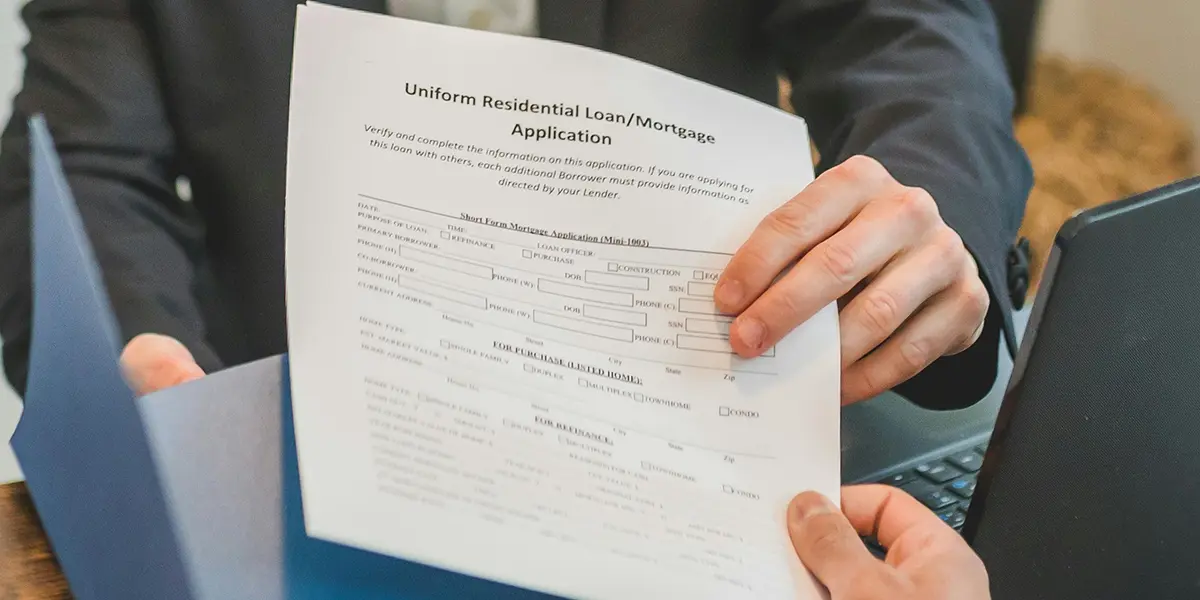In 2025, U.S. tax rules changed, and real estate investors are feeling the effects. New laws on capital gains, 1031 exchanges, mortgage deductions, and taxes for foreign investors are reducing profits. These changes make smart planning more important than ever.
If you own, rent, or sell property in the U.S., your bottom line is likely to shrink unless you adjust your strategy. Even small tax changes can significantly affect how much income you retain.
In this article, we’ll walk through what changed, how each rule works in real life, and what it means for your return on investment (ROI).
What Are “Investment Returns” in Real Estate?

Before diving in, let’s clarify this: your investment return is the money you make after all costs and taxes. It includes:
- Rental income (minus expenses like property management and maintenance)
- Profits from selling the property (after taxes and fees)
- Tax savings (deductions, credits, depreciation)
Now let’s see how new tax rules affect all of this.
Key U.S. Tax Changes in 2025 — and What They Mean for Investors
Each of these new policies shapes the net gains you actually keep. Here’s what’s new:
1. Capital Gains Tax Increased (from 20% to 25%)
Profit tax is the tax you owe when you transfer a property for a greater amount than what you originally paid for it. In 2025, the top federal capital gains tax rate went up from 20% to 25% for people with high incomes.
So, if you sell a property and make a big profit, a larger portion of that profit now goes to taxes. This hits long-term investors the hardest — especially those who’ve owned a property for years and are now ready to sell. The bigger the gain, the more this tax hike cuts into your return.

Example:
- Bought for $500,000, sold for $700,000
- Profit = $200,000
- Before: Paid $40,000 tax (20%) / Now: Pay $50,000 (25%)
You lose $10,000 more in taxes.
2. Limits on 1031 Exchanges
The 1031 exchange is a commonly used method that enables real estate owners to delay paying profit taxes. It allows you to sell a house or apartment and reinvest into a new one without paying tax on the gains immediately. But in 2025, new limits were introduced: you can now only use this benefit if the replacement property is valued under $2 million.
This change makes it harder for investors working with large commercial or multi-unit properties to take advantage of this tax-deferral strategy. It may also discourage reinvestment into high-value properties.
Example:
- You sell a commercial property for $4 million.
- Before: You could reinvest in another large property and defer all taxes.
- Now: If your new property is over $2 million, you must pay tax on the gains.
This raises your upfront tax cost and reduces your available capital.
3. Higher Withholding Tax for Foreign Investors (from 15% to 20%)

Under FIRPTA (Foreign Investment in Real Property Tax Act), the U.S. requires buyers to withhold tax when a foreign investor sells real estate. In 2025, that withholding rate increased from 15% to 20% of the total sale price, not just the profit.
This doesn’t mean foreign sellers owe 20% tax — they may owe less once they file a return. However, it does mean that more cash is held back temporarily, which reduces liquidity during the sale process and may potentially cause delays in reinvesting or making withdrawals.
Example:
- Foreign investor sells a $1 million property
- Before: $150,000 was withheld by the IRS / Now: $200,000 is withheld
That’s $50,000 less cash on hand until you file and receive a refund.
4. Mortgage Interest Deduction Reduced (from $750,000 to $500,000)
The mortgage interest deduction allows property owners to subtract the interest paid on their loans from their taxable income. In 2025, the cap for this deduction dropped from $750,000 to $500,000. This mainly affects investors and individuals who own expensive homes and carry sizable home loans.
With less interest being deductible, your taxable income goes up, and you may end up paying more each year in income tax. This reduces your annual cash flow and total return.
Example:
- You have a $700,000 mortgage on a $1 million property
- Before: You could deduct interest on $750,000 / Now: You can only deduct interest on $500,000
This increases your tax bill each year.

What Does This Mean for Investment Returns?
All these changes reduce how much of your profit you keep. In simple terms:
- You pay more taxes when you sell property (capital gains)
- You lose yearly tax breaks (like mortgage interest deductions)
- You can’t delay taxes as easily when reinvesting (1031 exchange limits)
- If you’re a foreign investor, you have less cash flow during a sale (higher withholding)
This means your return on investment — the net income you get from buying, renting, and selling property — is now smaller unless you plan very carefully. You may need to adjust your strategy, lower your profit expectations, or consider other markets.
How Does This Compare to Europe and Cyprus?
Let’s zoom out and look at how the U.S. stacks up internationally:
In short:
- Cyprus is attractive to long-term investors, especially with no withholding tax and simple capital gains tax (CGT) rules.
- Germany offers full capital gains exemption if you hold a property for over 10 years.
- The U.S., while still profitable, is becoming more complex and expensive due to new tax rules.
Final Thoughts: Should You Rethink U.S. Real Estate?

U.S. real estate is still a strong investment. But in 2025, the rules changed. Capital gains taxes are higher. 1031 exchanges are harder to use. Mortgage deductions are smaller. Foreign investors face more tax withholding. All of this means your profit is lower than it was. Should you stop investing? Not at all. But you do need a smarter plan.
To boost your return, you’ll need to:
- Sell at the right time.
- Use every deduction you can.
- Think about holding property longer.
- Consider tax-friendly destinations like Cyprus or Germany.
The bottom line: taxes take more now. But with the right moves, your investments can still do well — and you’ll avoid surprises at tax time.





